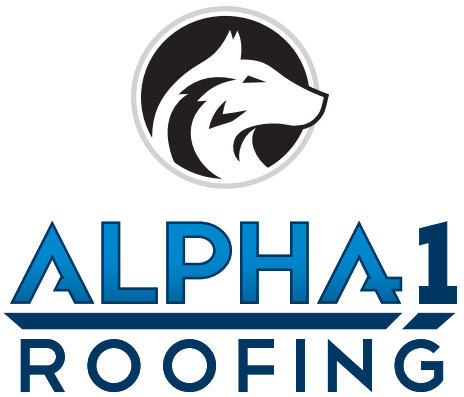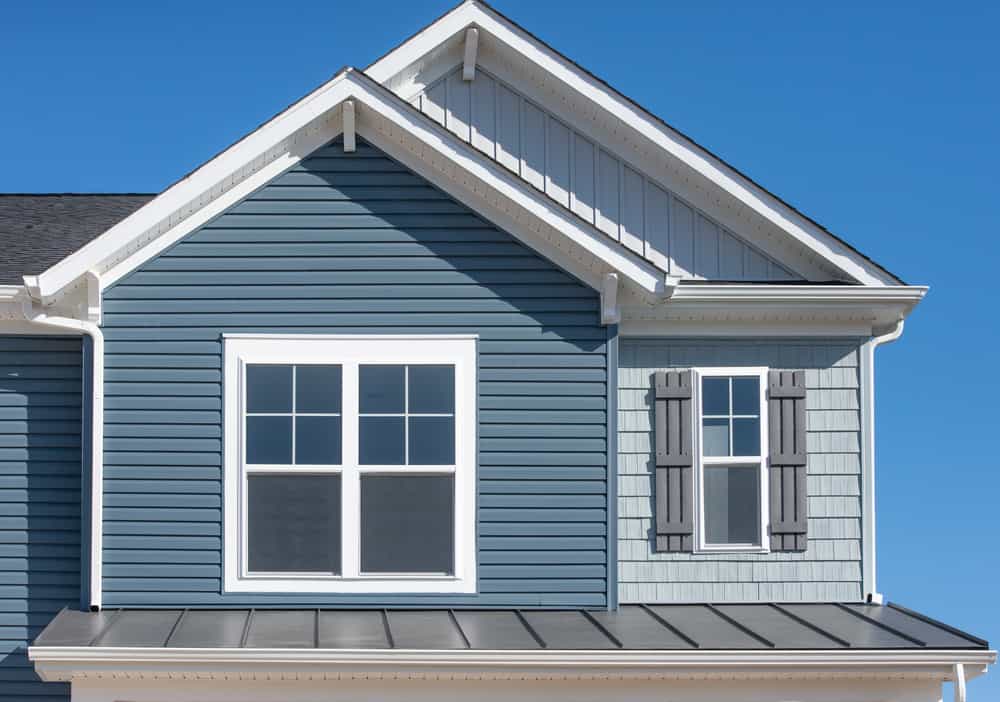A roofing inspection is a critical component of maintaining the integrity and longevity of your roof. Whether you’re a homeowner seeking routine maintenance or dealing with specific concerns, understanding what to expect during a roofing inspection can help you make informed decisions about your roof’s care. In this blog, we will delve into what typically happens during a roofing inspection and the importance of this process. Alpha 1 Roofing, with locations in League City, San Antonio, Round Rock, and Austin, is here to provide valuable insights into this essential aspect of roof maintenance.
1. Exterior Inspection:
The roofing inspection process often begins with a thorough external assessment of your roof. During this phase, roofing professionals will:
– Examine the condition of your shingles or roofing material to check for wear, damage, or granule loss.
– Inspect the flashing around roof penetrations like vents, chimneys, skylights, and roof valleys for signs of wear, corrosion, or deterioration.
– Assess the gutters and downspouts for blockages or damage and ensure they are functioning properly to direct water away from your roof.
– Inspect the eaves, soffits, and fascia for any signs of rot, water damage, or pest infestations.
2. Interior Inspection:
Roofing professionals will also assess the interior of your home to identify any issues that might be causing or exacerbating roof problems. This part of the inspection includes:
– Checking for water stains or discoloration on ceilings and walls, which could indicate roof leaks.
– Inspecting the attic for signs of moisture, mold, or inadequate ventilation, all of which can contribute to roof damage.
– Assessing the insulation and ensuring it is properly installed and in good condition.
3. Roof Deck Examination:
The roof deck, which is the structural base of your roof, is also part of the inspection process. During this phase, professionals will:
– Look for any signs of sagging or warping in the roof deck, which could indicate structural issues.
– Check for proper ventilation to prevent condensation and help prolong the life of the roofing materials.
4. Detailed Assessment:
Roofing experts will conduct a detailed inspection of specific roof components, which may include:
– Assessing the condition of your chimney and its flashing to prevent potential leaks.
– Checking the condition of roof vents to ensure they are in good working order.
– Inspecting skylights for any signs of damage or leaks.
– Evaluating the condition of the ridge vents, which help with roof ventilation.
5. Documentation and Reporting:
At the conclusion of the roofing inspection, professionals will provide a comprehensive report detailing their findings. This report will typically include:
– An assessment of the overall condition of your roof and its components.
– Any issues or areas of concern that were identified during the inspection.
– Recommendations for maintenance, repairs, or potential roof replacement if necessary.
– A timeline for any recommended actions and an estimated cost.
Importance of a Roofing Inspection:
Regular roofing inspections are essential for several reasons:
2. Preventative Maintenance: Routine maintenance identified during an inspection can extend your roof’s lifespan.
3. Insurance Claims: In the event of storm damage or leaks, an inspection report can be valuable for filing insurance claims.
4. Peace of Mind: Knowing the condition of your roof helps you plan for future repairs or replacement, offering peace of mind.
In conclusion, a roofing inspection is a crucial step in maintaining the health and longevity of your roof. By understanding the process and the significance of regular inspections, you can make informed decisions to protect your home and investment. Alpha 1 Roofing is available to assist with professional roofing inspections and provide expert guidance on maintaining the integrity of your roof. Your peace of mind and the longevity of your roof are our top priorities.


